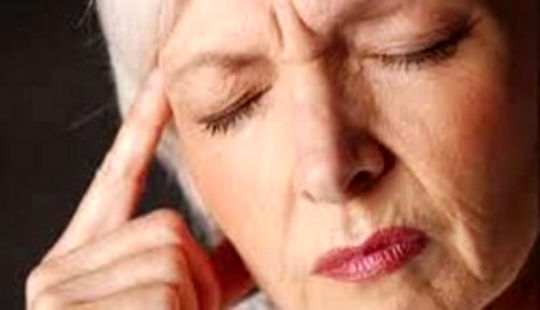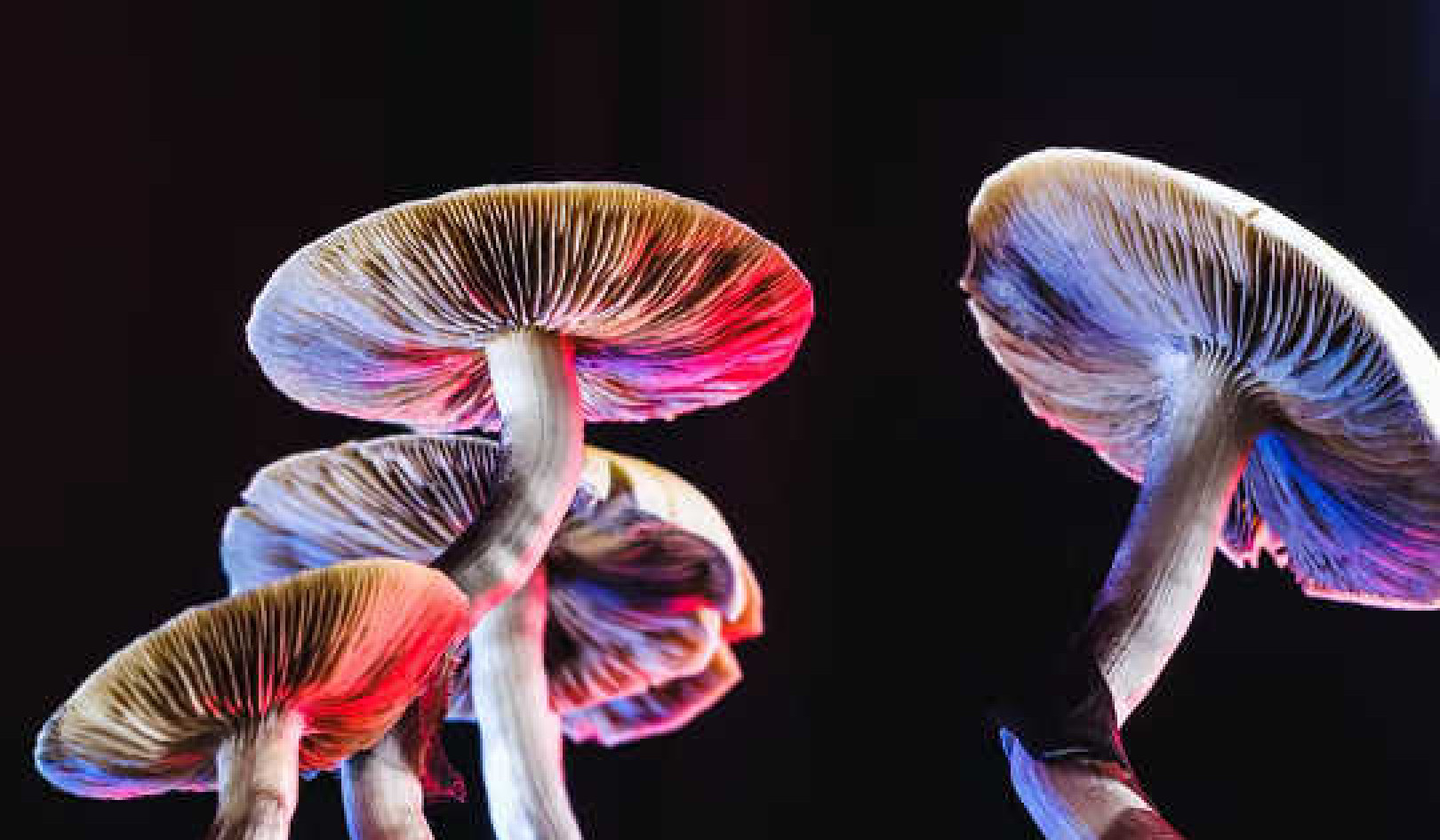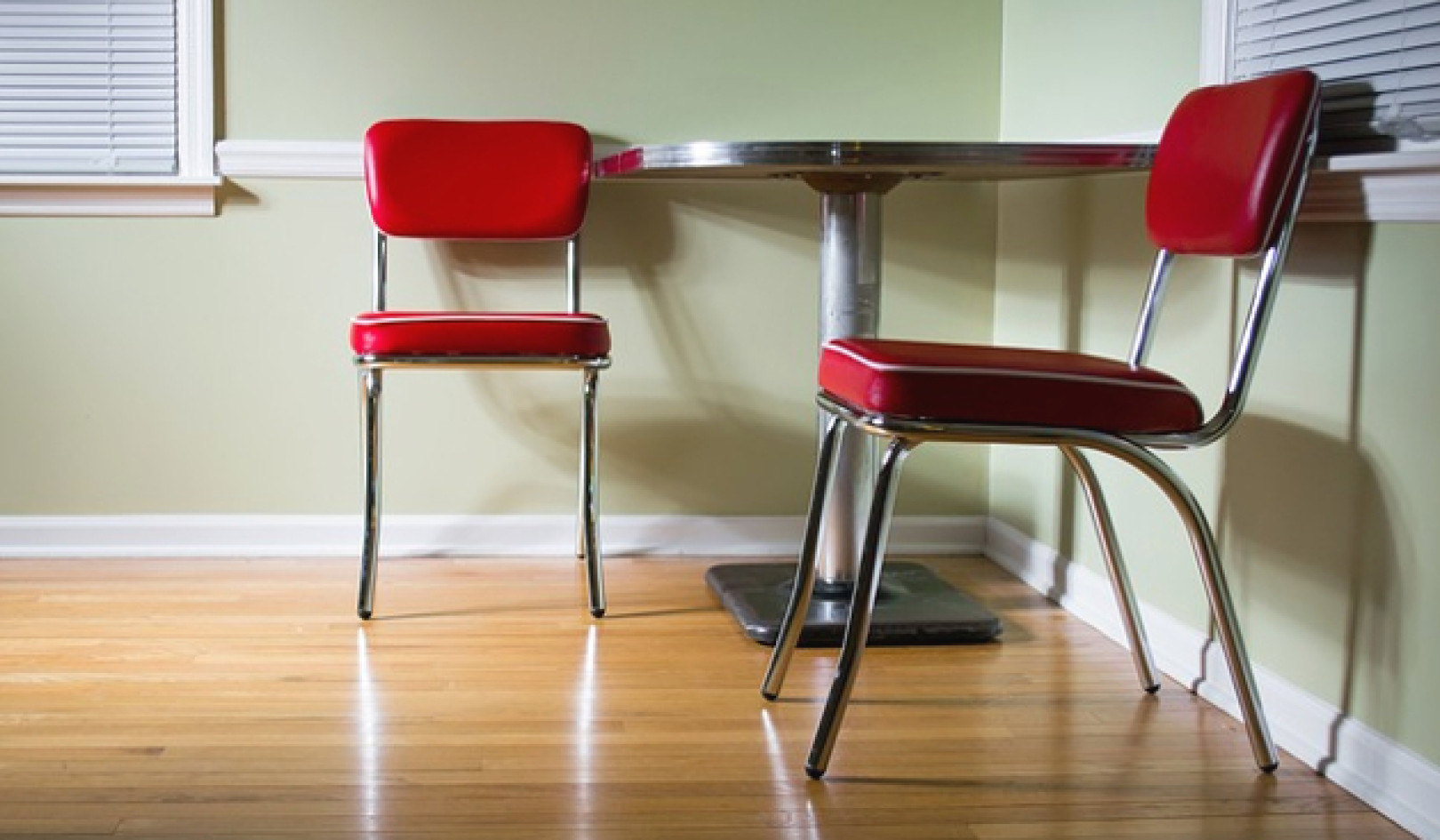
If you think about it a little, when we say “we’re only human,” what we’re really saying is that we are distinctly limited to what happens to us as a result of our physically being a human. There’s a lot of physics and chemistry involved in all those aches, complications, requirements, and shortcomings. What’s happening to us, and how we feel about it, is simply a function of what this form allows us.
All our typical reactions and responses (and regrets)— the choices we have (or sometimes don’t have)—are just what we get with flesh and blood and brain power. Hurting hurts. Feeling good feels great. It’s all going to happen, like it or not.
Pleasure and Pain Fluctuate To and Fro
Pleasure and pain are always coming and going, fluctuating to and fro, sometimes only five minutes apart, doing “their thing” to this flesh-and-bone vehicle, inspiring all kinds of crazy thoughts in our thinking organ—the brain.
In a spiritual sense, we can live in a very different world from that one, but when we attach our overall sense of wellbeing to all the form-related, material stuff that’s always changing in our earthly world, it makes us crazy. Because over the long haul, all the form-related, material stuff is always wearing out or somehow heading off into the sunset right when we thought we needed it the most.
If I know that I’m a spiritual being having a physical experience, and there are these solid, eternal, unchanging aspects of Life just beneath the surface—values, ethics, and behaviors I can choose for myself that foster Love and happiness and success—then why the heck don’t I just choose them? I can’t always select exactly what Life’s going to give me, but I can have a say in how I’m going to handle it.
So, how about if I just make it my intention to handle difficult experiences well, using some solid, dependable spiritual tools. That way, Life never happens to you; it always happens for you, because you can always deal with it and learn from it.
Physical Pain Is Hard To Ignore
It’s a much taller order when it comes to physical pain. Those other kinds of pain come from focusing on what we don’t have. That’s hard to do with physical pain, when we undeniably do have it.
Many of us aren’t as afraid of death itself as we understandably are of the physical pain that can often accompany it. We intuitively know that death will be a relief from that pain; but in the meantime, who wants to go through it? It’s very disagreeable. I shudder every time I think of broken bones or surgery or crocodiles.
Going Into the Pain and Through It?
I’ve heard people, usually athletes of one kind or another, say that “you have to go into the pain to work through it.” I think that sounds a little bit crazy. Personally, I seldom want to do either. But I guess I can see what they’re talking about when the pain is constant and seems endless. I’ve experienced enough of that kind of pain to know. I think most of us have.
Sometimes, we have no choice other than to recognize it as a particularly lousy part of being alive. We’re in it whether we like it or not, and we know that we have to accept it, or it hurts all the more expending the energy to fight it. If dying is on the other side of that, then naturally, we have to go through it to get relief.
It’s the same problem I have with anything I don’t like—acceptance helps me suffer it a bit more lightly. So why do I naturally tend to struggle so much with simple acceptance? I should have figured that one out by now. I must kind of like struggling, I guess.
Is It Possible To Think Pain Away?
It’s not possible to just think pain away—or is it? There have been times when my mind wandered off somewhere and I forgot that I was in pain. It seems that, if I can disengage from my material physical self, I don’t need to own all my physical discomforts with quite the same severity. Pain stops when we sleep, so it must be the amount and quality of consciousness that gives it room to grow. The trick then becomes being able to change our consciousness, to change our attitudes.
It always works to think about others (in a loving way), or to think about Love (prayer, of a kind), or to have a pet show you how Love works. In fact, a cat in your lap is very nice when you’re hurting. We can let that sensation of easy comfort and peaceful Love—thoughts about our loved ones, or thoughts about how funny and magical Life is—carry us off at those times that we’re called upon to endure discomfort in boredom. At those times, you should definitely avoid thinking about politics, plastic packaging, lawyers, or, in my case—crocodiles.
The Placebo Effect: A Little Bit of Magic
 If Life’s magic seems less than believable when you’re lying there in pain, think of this crazy fact: When people believe they’re getting something that will make them feel better, they are getting something that’ll make them feel better. Over and over, it has been proven that placebos really work. When we believe that we’re getting a cure, healing can actually happen.
If Life’s magic seems less than believable when you’re lying there in pain, think of this crazy fact: When people believe they’re getting something that will make them feel better, they are getting something that’ll make them feel better. Over and over, it has been proven that placebos really work. When we believe that we’re getting a cure, healing can actually happen.
In pharmaceutical testing, sugar pills often work 60 percent of the time, when the actual medication being tested works only 40 percent of the time. Either would be better than nothing, but one really is nothing.
And this is funny: three sugar pills work better than one; and saline injections—which likewise do “nothing”—work better than sugar pills, because they seem more “serious” (and boy, are they ever).
So I don’t know—does this mean you should ask your caregivers to pull a fast one on you sometimes? Here’s the real point: What could all of this possibly mean, if not that our state of mind projects itself upon our wellness and adds to, or takes away from, our potential for healing? It’s clear that our state of mind really does determine how we feel — all the time, our whole lives long, about everything.
Opening Up to Humility and Compassion
It’s more than just a little bit difficult to marshal a positive state of mind when it comes to bearing up under physical pain, as though it were something that you’re responsible for yourself, something you somehow deserve—when, of course, it really isn’t. It’s simply something that happens to everyone, and we have to get from one side of it to the other—however much unknown real estate we have to cover.
While we are going through it, our attitudes simply aren’t up to us completely; they’re understandably predetermined by physical sensations. So it does take effort to stay on top of it. Otherwise, we’d all be charming and sunny all the time.
There is a quality that we are given at those times, however—a very valuable attribute that doesn’t come so easily to many of us, namely humility. The humility that comes from being really injured is a thing of great power and specific humanity. The sometimes very painful reality of our physical constraints isn’t a theoretical thing anymore.
The limitations of this flesh-and-bone vehicle, and the depth of acceptance we have to come up with from within ourselves, grants us a kind of unassailable authority that comes from the experience of it. We must never exploit it to feed our egos. No “woe is me” will ever improve circumstances for anyone.
Instead, we can try to expose this beautiful inner nature of being human to others, to freely pass along an understanding that we may be paying pretty dearly for ourselves. This experience, and the compassionate surrender that it opens us to, is a gift that can serve us very well. After all, one day we may ourselves be given the opportunity to show some fragile, tentative soul—perhaps a dear friend, a parent, a child, or a sibling—just how to go about dying well.
Meditation: A Remarkably Powerful Avenue to Relief
Learning how to meditate will give you a remarkably powerful avenue to relief—a way to withdraw your self from the greatest pains the physical world can dish out.
Sometimes, when we’re suffering real inescapable physical pain, it may become absolutely necessary to surrender to the care of a qualified doctor or nurse who can help us simply to accept humane and expertly administered medication (with a “c”). It’s never a good time to suffer from being too proud.
If you find yourself in that spot, be as aware as possible of the difference between enduring pain unnecessarily and losing yourself in over-medication. Work with others to find a balance that allows you to appreciate Life and those around you to the fullest. Pain management is a finely tuned science these days. Don’t hesitate to use it; but beware of anybody who seems to push it too hard, or of any tendency you may have to abuse it.
And most important, if at all humanly possible, keep kindness, forgiveness, and surrender in your heart. (Radical surrender will be our last tip for happiness.) That way, you can always squeeze a little true happiness out of wherever you are, whenever you really need it. And here’s something else that seems medically unlikely, but is clinically true: Being kind and doing kind things for others will reduce the physical pain you experience—even if just for the moment of that kindness.
©2014 by Robert Kopecky. All rights reserved.
Reprinted with permission of the publisher, Conari Press,
an imprint of Red Wheel/Weiser, LLC. www.redwheelweiser.com.
Article Source
 How to Survive Life (and Death): A Guide for Happiness in This World and Beyond
How to Survive Life (and Death): A Guide for Happiness in This World and Beyond
by Robert Kopecky.
Click here for more info or to order this book on Amazon.
About the Author
 Robert Kopecky is an Emmy nominated art director. He designed the credits for Showtime's Weeds, and he art directs the PBS children's show Word World. He contributes to Evolver.net, NewBuddhist.com, TheMindfulWord, and elsewhere. He lives in Brooklyn with his wife, Sue Pike, the Animal Talker (SuePikeEnergy.com). Visit him at www.robertkopecky.blogspot.com/.
Robert Kopecky is an Emmy nominated art director. He designed the credits for Showtime's Weeds, and he art directs the PBS children's show Word World. He contributes to Evolver.net, NewBuddhist.com, TheMindfulWord, and elsewhere. He lives in Brooklyn with his wife, Sue Pike, the Animal Talker (SuePikeEnergy.com). Visit him at www.robertkopecky.blogspot.com/.
Watch a video with Robert: How to Survive Life (and Death) - Namaste Bookshop, NYC

























